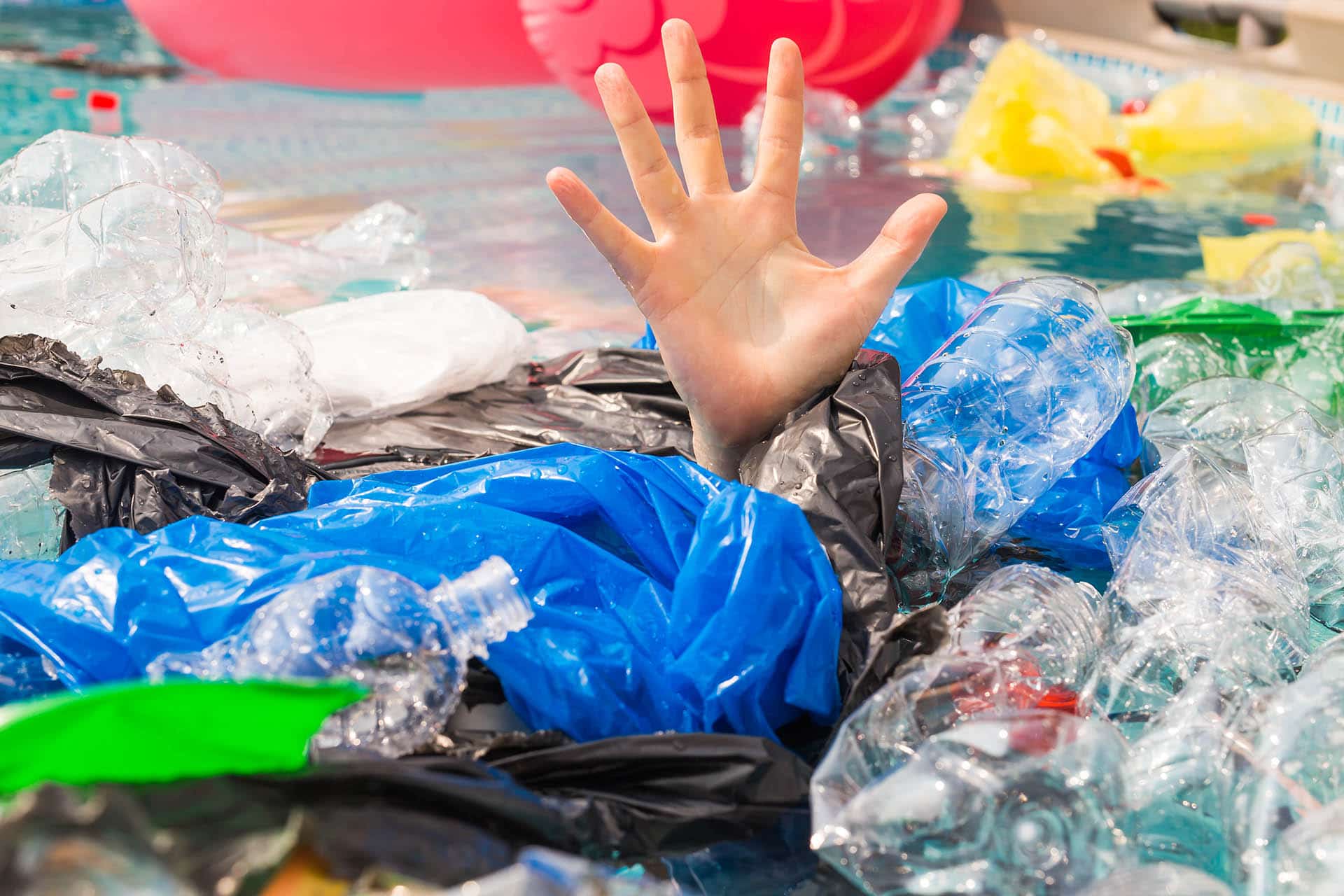Plastic Pollution
Plastic pollution is a major environmental problem that affects the health and well-being of people, animals, and ecosystems around the world. It is defined as the accumulation of plastic products in the environment, including in the oceans, where they can persist for hundreds of years before breaking down into smaller pieces.
One of the major harmful effects of plastic pollution is the impact it has on marine life. Plastic debris in the oceans can entangle and kill marine animals, such as dolphins, sea turtles, and birds. It can also be ingested by marine life, which can lead to injury or death.
Plastic pollution also poses a threat to human health. Many plastic products contain harmful chemicals that can leach into the environment and contaminate soil and water sources. These chemicals can then enter the food chain and potentially harm humans who consume contaminated food or water.
Another harmful effect of plastic pollution is the impact it has on ecosystems. Plastic debris can alter the balance of ecosystems and have negative impacts on the plants and animals that depend on them. It can also have economic consequences, as plastic pollution can damage fishing gear and decrease fish populations, leading to reduced catches and economic losses for fishermen.
Furthermore, plastic pollution contributes to climate change. The production of plastic requires the use of fossil fuels, which releases greenhouse gases into the atmosphere. In addition, plastic waste that ends up in landfills can release methane, a potent greenhouse gas, as it breaks down.
Here are some statistics on the harmful effects of plastic pollution:
To address the harmful effects of plastic pollution, it is important to reduce our reliance on single-use plastic products and properly dispose of plastic waste. This can be done through individual actions, such as using reusable shopping bags and water bottles, as well as through policy changes at the local, national, and global levels. By working together, we can help to reduce plastic pollution and protect the health and well-being of people, animals, and the environment.

